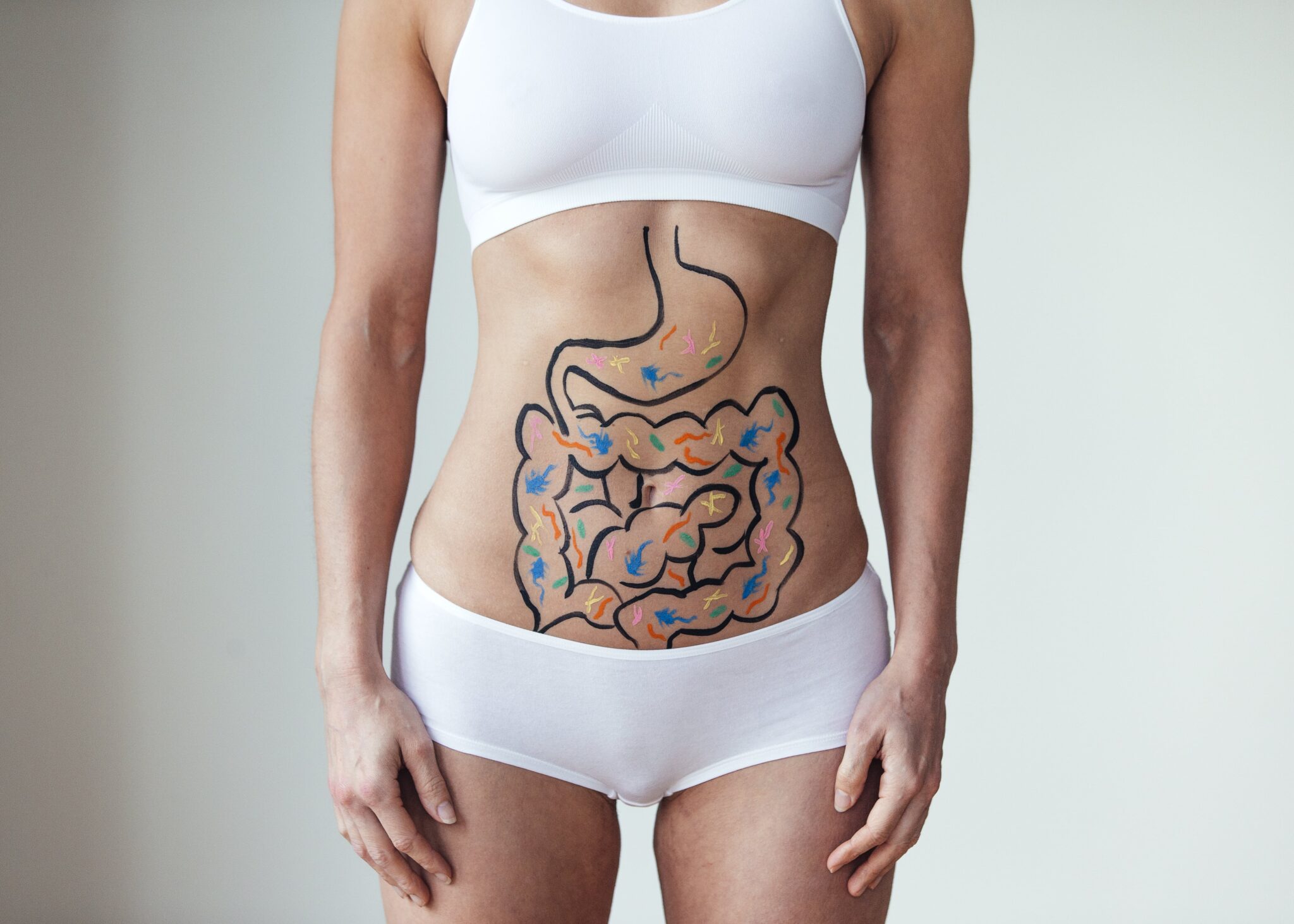IRRITABLE BOWEL SYNDROME – ALL YOU NEED TO KNOW

Irritable Bowel Syndrome (IBS) ExplainedBS) Explained
IBS (Irritable Bowel Syndrome) affects as many as one in five Australians. IBS is more common in women than in men and typically appears in people aged in their twenties, although it may sometimes develop in younger and older people. It is however unusual for IBS to develop in someone aged over 40 years.*
What is Irritable Bowel Syndrome (IBS)?
Irritable bowel syndrome (IBS) is a condition that affects the colon (the large bowel), and while it is not considered life-threatening or dangerous, it can be very uncomfortable. *
Key Symptoms of IBS Include:
- Abdominal pain or discomfort
- Stomach bloating
- Chronic diarrhoea or constipation, or alternating between the two
- Often, the pain of IBS can be relieved by passing wind or faeces
- Experiencing nausea during an episode
What causes IBS?
IBS causes vary from person to person, but there are certain things that are known to trigger symptoms. The most common IBS triggers include diet, stress, an infection and even a reaction to medications.
Many people with IBS notice that some foods more than others can make their symptoms worse, but again, these foods often vary from one person to the next.
Your IBS symptoms might have started after an infection, such as a bout of gastroenteritis, or you may have recently experienced a period of increased stress, or have been taking a new medicine, all these factors can impact IBS symptoms.
IBS often presents differently in different people, making it a unique condition, though with similarities. While we know it is more common for women to be diagnosed with IBS, we also know that IBS symptoms may increase around the time of menstruation. **
The exact cause of IBS is unknown, but the condition has been linked with gut health, certain foods and mood disorders. It is important to track your flare-ups to help understand your triggers. You can do this by keeping a food diary and keeping note of other circumstances and your symptoms.
It is also important to see your doctor if you develop symptoms. Your doctor may first want to check for other more serious conditions before diagnosing you with IBS.
When You Should See Your Doctor:
- If your symptoms are severe or ongoing
- If you notice any blood in your stools
- If you have unexplained or unintentional weight loss
- You have fever or severe diarrhoea
These above symptoms are unlikely to be caused by IBS, but it is important that your doctor excludes a more serious health condition.
How is IBS Diagnosed?
Often your doctor can diagnose IBS just by asking you some key questions about your health and your symptoms. Some of these questions may include asking if you have recurrent abdominal pain (at least once a day each week in the past three months).
Your doctor may ask if you have the following symptoms:
- Pain related to a bowel motion
- A change in the frequency of bowel movements
- A change in the consistency or appearance of faeces
- Typically, symptoms would be present for 6 months before a diagnosis of IBS is made****
How is IBS Treated?
The most common and effective treatment of IBS is a dietary and lifestyle change. Ideally your GP can refer you to a dietician who can help identify the foods that trigger your IBS, design a specific diet around what works for you, while at the same time ensuring you are getting all the required nutrients from your diet.
One common tip that helps many people reduce their symptoms of IBS is to increase their intake of high-fibre foods. However, it is best to slowly increase your fibre intake up to the recommended daily dose. This is to avoid bloating and wind-related discomfort if you change your diet, especially the amount of fibre intake. If you find it difficult to consume the recommended amount of fibre each day, you may consider a soluble fibre supplement. **
Another tip that helps with IBS symptoms is to ensure you are drinking six to eight glasses of water a day.
Sometimes, what is known as a low FODMAPs diet is recommended. FODMAPs is short for the impossible to remember – Fermentable Oligosaccharides, Disaccharides, Monosaccharides, and Polyols – these are the chemical names for different sugars that are poorly absorbed in the intestine. And these chemical foods can trigger symptoms for many people who experience IBS symptoms. ***
Again, a qualified dietician can work with you to design a diet, including one that avoids FODMAPs that will suit your needs and lifestyle.
Some Foods and Drinks that Can Trigger IBS:
- Gas-producing foods, such as cabbage, onion, brussels sprouts, beans, lentils and cauliflower
- A range of foods with lactose (milk sugar) such as milk, ice-cream and some yoghurts
- Artificial sweeteners in foods and drinks, such as aspartame, sorbitol and mannitol
- Alcoholic drinks**
Can Medications Treat IBS?
In certain cases, your doctor may prescribe medicines that address your symptoms if they are severe enough or impacting your quality of life. Your doctor will consider whether your IBS tends to involve diarrhoea or constipation, or whether your IBS symptoms alternate between the two, which can be common.
Some of these prescribed medications have symptom-relieving side-effects, but in addition, there are over-the-counter medications that may also have a role in improving symptoms, as well as some natural products such as peppermint oil.
There are also some psychological therapies that have been shown to improve symptoms of IBS. These can be particularly helpful if you notice that your IBS is triggered by stress or anxiety. Even something as simple as daily exercise can also make a huge difference both physically and psychologically for you.
Can IBS Become a Serious Health Concern?
While IBS can be uncomfortable, even painful, it is reassuring to know that the condition does not cause long-term damage to the colon or other parts of the digestive system. IBS also does not directly cause other physical health problems.
IBS can be well-managed by diet and other lifestyle improvements, but for some it can significantly impact on their quality of life, and can be stressful to manage, creating some flow-on effects including depression and anxiety. If you suffer from IBS and you are feeling anxious or depressed, there are IBS-specific psychological support services. Talk to your GP about whether they are right for you. ***
Support
- Monash University FODMAPs and Irritable Bowel Syndrome
https://www.monashfodmap.com/about-fodmap-and-ibs/
- The Continence Foundation of Australia — National Continence Helpline
https://www.continence.org.au/get-help/national-continence-helpline
- Dietitians Australia — A guide to IBS
https://dietitiansaustralia.org.au/diet-and-nutrition-health-advice
Sources:
* https://www.mydr.com.au/irritable-bowel-syndrome-causes-and-symptoms/#:~:text=It%20is%20unusual%20for%20IBS,relieve%20the%20symptoms%20of%20IBS.
**https://dietitiansaustralia.org.au/diet-and-nutrition-health-advice
*** https://www.betterhealth.vic.gov.au/
By Tracey Hordern
Reviewed by the First Light Healthcare team



